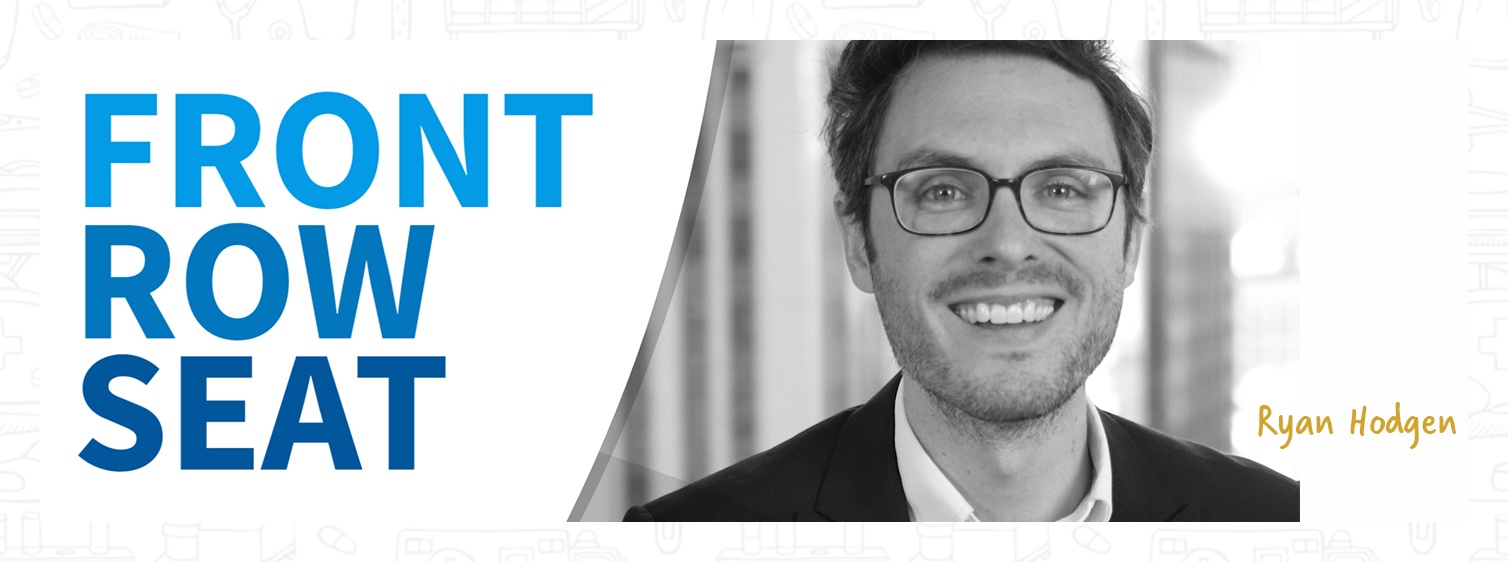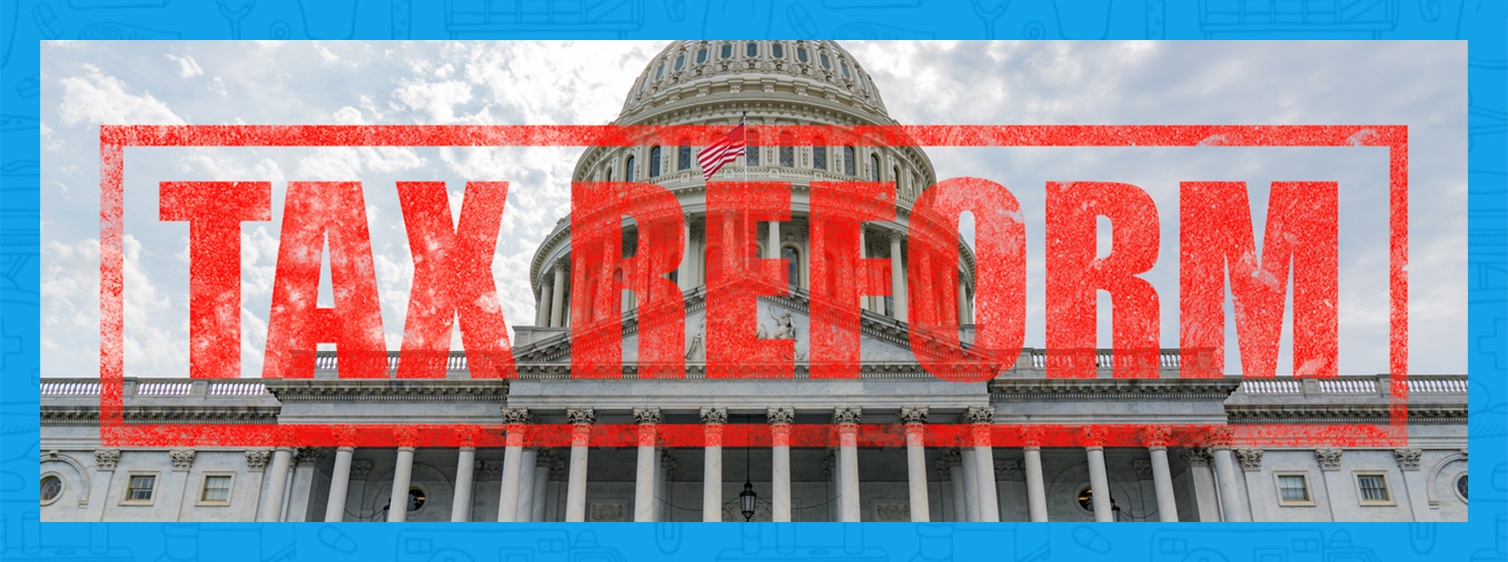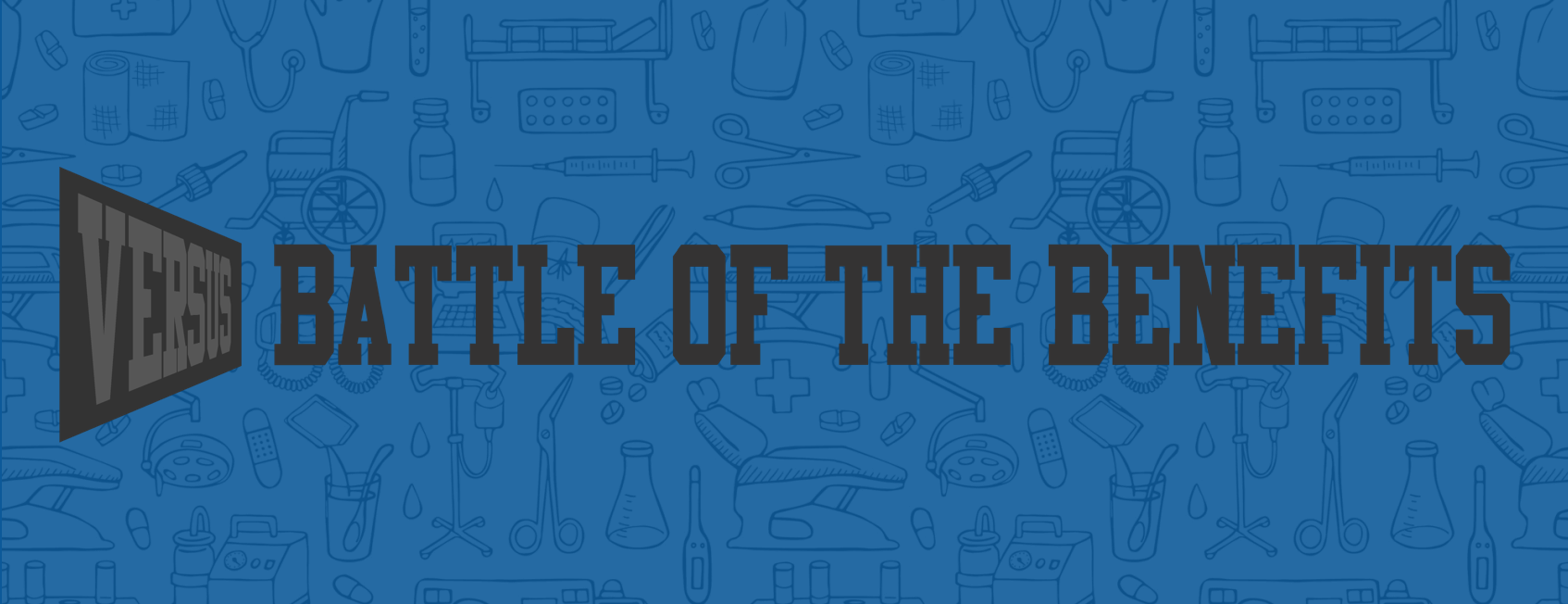For several years now we’ve been hearing the same warning echoed throughout every corner of home care recruitment: “There aren't enough Caregivers and CNAs to go around.” Agencies are aware of this fact, and now they’re looking for ways to work through it. As we talked about in our previous post Caregiver Recruitment - Could Your Market be Bigger Than You Think?, opening your current market can be a way to instantly make more Caregiver hires. The 2018 research continues to support this. For example, only 44% of Caregivers report having an active CPR certificate, yet it’s still one of the most commonly listed job requirements used when recruiting in home care today.
Maggie Keen
Recent Posts
New Home Care Recruitment Research Reveals How You May Be Cutting Your Market In Half
By Maggie Keen on Feb 28, 2018 7:14:00 AM
[VIDEO] Front Row Seat: Your Caregiver Recruitment Questions Answered
By Maggie Keen on Feb 27, 2018 7:39:00 AM
At myCNAjobs we work with thousands of companies in the space to overcome the challenges of Caregiver recruitment. This gives our staff a unique vantage point to the industry. With this front row seat we’re able to see what’s going on across the country in home care recruitment. We can see who’s winning, who’s not - and most importantly - why?
Recruiting CNAs and Caregivers: Why 1 in 5 Candidates Aren’t Calling Back
By Maggie Keen on Feb 20, 2018 4:02:37 PM
As new continue to collect data on Recruiting CNAs and Caregivers, it’s becoming more and more clear the role that an agency’s brand reputation plays on their ability to hire Caregivers. We gave an overview of different types of brands in our previous post A Competitive Brand Will Drive Recruitment Performance: Where Does Your Agency Rank?. In this post we’ll dive deeper into what it means for Caregivers to recognize your brand at all. The latest research shows 19% of Caregivers won’t call a recruiter back if they’ve never heard of the agency before.
What The New Tax Law Means For Home Care Recruitment
By Maggie Keen on Feb 19, 2018 6:49:00 AM
On December 20th, 2017 Congress passed the Tax Cuts and Jobs Act, with a very important outcome for home care recruitment. With many changes being made to the tax code, the most important outcome for recruiting in home care may not have been a change at all, but the absence of change for one very important program. The Work Opportunity Tax Credit, or WOTC, is preserved under this new law, remaining active for employers to utilize today. So what is WOTC and what does it mean for you?
Planning and Budgeting for Caregiver Recruitment in 2018
By Maggie Keen on Feb 13, 2018 7:39:00 AM
Home care recruitment has never been more challenging, time consuming, and expensive. Caregivers are receiving more calls for work, more job offers, more hours, more pay, and more benefits than ever before. Over 50% of home care agencies identify the ability to recruit Caregivers and CNAs as the number one threat to business growth. It’s projected the market will continue to worsen as agencies fight for talent alongside other industries attracting caregivers including fast food, retail, and distribution center giants.
Battle of the Benefits: Does a 401k Program or Paid Vacation Mean More When Recruiting Caregivers?
By Maggie Keen on Feb 12, 2018 9:48:42 AM
In today’s market, pay and benefits play a large role in an agency’s success when recruiting Caregivers. Those who have more to offer are rising to the top of their market. Many agencies are re-examining their employment package to find ways they can be more competitive in their caregiver recruitment offers. We asked Caregivers and CNAs which benefits were more important to them in a head-to-head style matchup so you can make more informed decisions about where to spend your dollar to continue hiring Caregivers and grow your business. In our last matchup, Battle of the Benefits: Does a Higher Wage or Preferred Hours Mean More When Recruiting Caregivers?, a higher wage prevailed as more desired. This time through, we’ll take a look at a 401k program versus paid vacation time.
Battle of the Benefits: Does a Higher Wage or Preferred Hours Mean More When Recruiting Caregivers?
By Maggie Keen on Feb 12, 2018 8:14:00 AM
In the current landscape of recruiting Caregivers, pay and benefits play a huge role in your success. Agencies with the most attractive packages are winning out in the war for Caregiver talent. In order to continue to grow their businesses, agencies across the country are raising pay and adding benefits so they can scale their Caregiver recruitment. We asked Caregivers and CNAs which benefits were most important to them in a head-to-head matchup so you can spend your dollars where they will have the biggest impact on your Caregiver, HHA, and CNA recruitment. In our last installment, Battle of the Benefits: Does Paid Sick time or Paid Training Matter More When Recruiting Caregivers?, paid sick time just barely eeked out a victory. This time through we’ll take a look at a earning a higher wage versus getting their preferred hours/shifts.
Battle of the Benefits: Does Paid Sick Time or Paid Training Matter More When Recruiting Caregivers?
By Maggie Keen on Feb 5, 2018 7:14:00 AM
More than ever, recruiting Caregivers relies on a backbone of competitive pay and benefits. Without an attractive offer, other competitors are going to win out in the war for talent. In order to have successful Caregiver recruitment efforts, agencies across the country are taking a new look at their pay and benefits to find places where they can improve their offering. We asked Caregivers and CNAs which benefits were most important to them in a head-to-head matchup so you can know where to invest your Caregiver recruiting dollars to get the best return. Our last installment Battle of the Benefits: Does Health Insurance or Paid Vacation Time Matter More When Recruiting Caregivers?, health insurance was a more desirable benefit. Now we’ll take a look at paid sick time versus paid training to see which one Caregivers said was more important.
Battle of the Benefits: Does Direct Deposit or Weekly Pay Mean More When Recruiting Caregivers?
By Maggie Keen on Jan 31, 2018 7:14:00 AM
The need for competitive pay and benefits when recruiting Caregivers has never been higher. As Caregivers and CNAs become more and more in demand, agencies with offerings that are lagging behind aren’t able to make the hires they need to grow their business. Caregiver recruitment is a pivotal piece of any successful home care agency, and agencies are finding ways to offer more to Caregivers in an effort to be more competitive in their area. We asked Caregivers and CNAs which benefits were more important in a head-to-head style matchup so you can make more informed decisions on where to spend your dollar for the biggest impact on your ability to hire Caregivers. In our last installment, Battle of the Benefits: Does a 401k Program or Paid Vacation Mean More When Recruiting Caregivers?, 401k program took a decisive victory. This time we’ll examine direct deposit versus weekly pay to see which is more important to Caregivers and CNAs.
Battle of the Benefits: Does Health Insurance or Paid Vacation Matter More When Recruiting Caregivers?
By Maggie Keen on Jan 31, 2018 7:14:00 AM
Today, recruiting Caregivers and CNAs is about offering competitive pay and benefits more than ever before. With more and more companies all hiring from the same limited workforce, the ones with the most attractive offers are coming out on top. Across the country agencies are working to improve their employment packages, but are unsure which areas will give the greatest impact on Caregiver recruitment for their dollar. We asked Caregivers and CNAs which benefits were most important to them in a head-to-head matchup so you can make more informed decisions on where to get the most bang for your buck in improving your Caregiver and CNA recruitment. In our last installment, Battle of Benefits: Does Health Insurance Or A Higher Wage Mean More When Recruiting Caregivers? a higher wage was the clear favorite. This time, we’ll take that same health insurance benefit and compare it side by side with paid vacation time:












